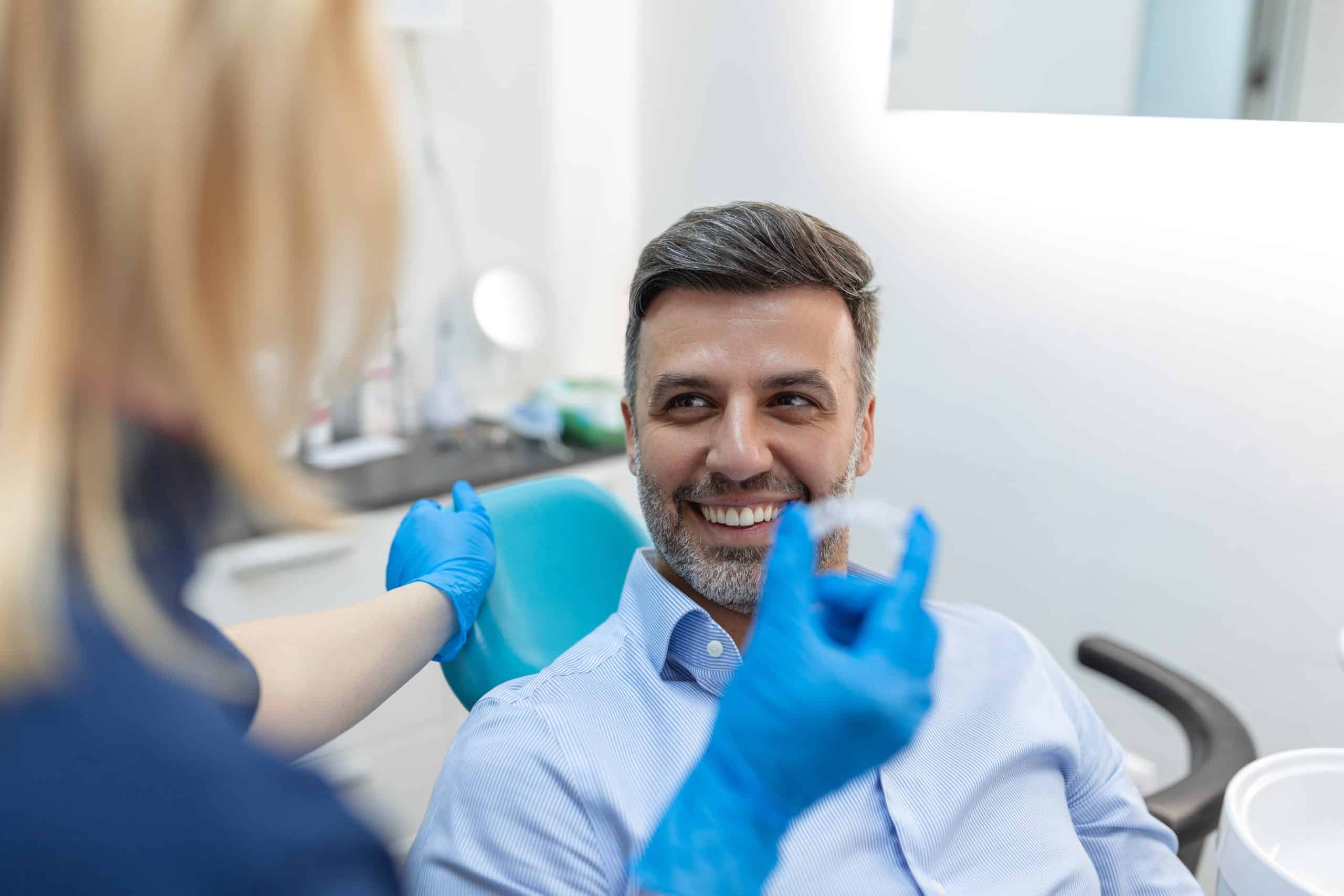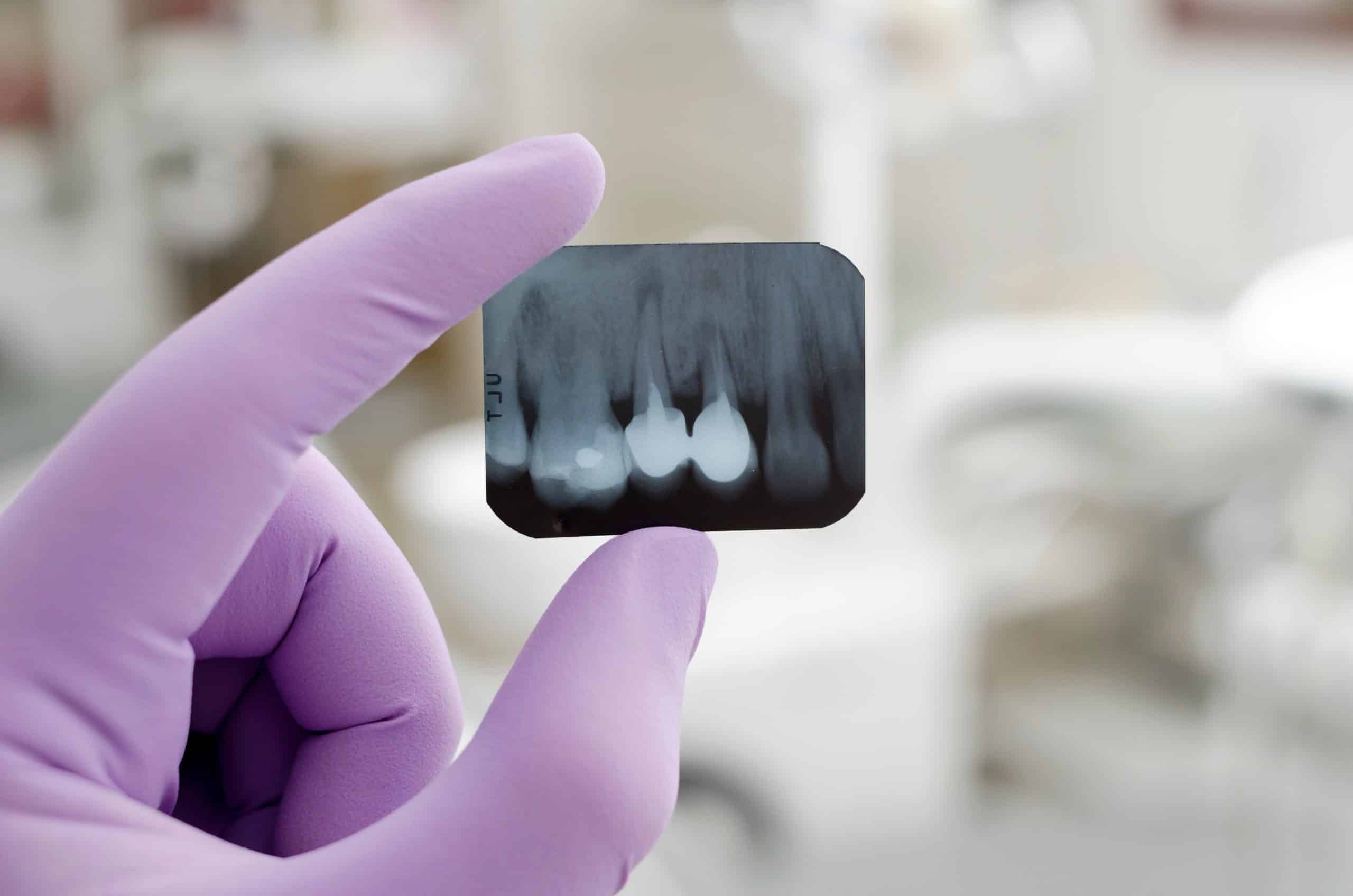Dental Services That Will
Leave You Smiling
Everlasting Dental Care offers a comprehensive range of services designed to meet all of your dental needs, utilizing state-of-the-art technology for optimal results. From advanced implant dentistry and transformative All-On-4s for complete smile restorations to, discreet Invisalign orthodontic treatment, our skilled team is dedicated to providing exceptional care. Whether you require general or cosmetic dentistry, our expertise across a wide range of services ensures that you achieve a healthy, beautiful smile.
Services
Dental Services That Will
Leave You Smiling
Everlasting Dental Care offers a comprehensive range of services designed to meet all of your dental needs, utilizing state-of-the-art technology for optimal results. From advanced implant dentistry and transformative All-On-4s for complete smile restorations to, discreet Invisalign orthodontic treatment, our skilled team is dedicated to providing exceptional care. Whether you require general or cosmetic dentistry, our expertise across a wide range of services ensures that you achieve a healthy, beautiful smile.
Start Smiling Today
General Dentistry
Preventative Care
Restorative Dentistry
○ Tooth-Colored Fillings
○ Dental Crowns
○ Dental Bridges
○ Dental Implant Restorations
○ Full Mouth Rehabilitation
○ Endodontics
○ Oral Surgery
○ Orthodontics
Cosmetic Dentistry
Dental Technology
○ Digital X-Rays
○ Panoramic X-Rays
○ Rotary Handpiece for Endodontic Treatment
Orthodontics
Same Day & Emergency Care
○ Dental Injuries
○ Chipped & Broken Teeth
○ Tooth Pain
○ Call for an Immediate Appointment
General Dentistry
Preventative Care

Restorative Dentistry
○ Tooth-Colored Fillings
○ Crowns & Bridges
○ Dental Implant Restorations
○ Full Mouth Rehabilitation
○ Endodontics
○ Oral Surgery
○ Orthodontics
Cosmetic Dentistry

Dental Technology
○ Digital X-Rays
○ Panoramic X-Rays
○ Rotary Handpiece for Endodontic Treatment
Orthodontics
Same Day & Emergency Care
○ Dental Injuries
○ Chipped & Broken Teeth
○ Tooth Pain
○ Call for an Immediate Appointment

Pre-and Post-Operative Instructions
Extractions
After a tooth extraction, it is important to follow proper post-operative instructions to promote healing and minimize complications:
1. Bite on Gauze: After the extraction, place a clean gauze pad over the extraction site and bite down gently but firmly. Maintain pressure for about 30 minutes to promote clot formation and reduce bleeding. Replace the gauze as needed.
2. Control Bleeding: Some bleeding after the extraction is normal. If bleeding persists or restarts, bite down on fresh gauze for an additional 30 minutes. Avoid rinsing vigorously or spitting, as it can dislodge the blood clot and prolong bleeding. If bleeding continues significantly, contact your dentist.
3. Apply Ice Packs: To reduce swelling and alleviate discomfort, apply an ice pack or a cold compress on the outside of your cheek near the extraction site. Use it for 10 to 15 minutes at a time, with 20-minute breaks in between, for the first 24 hours.
4. Take Prescribed Medication: If your dentist or oral surgeon has prescribed medication, take it as directed. This may include pain relievers, antibiotics, or mouth rinses. Follow the dosage instructions carefully and complete the full course, if applicable.
5. Avoid Disturbing the Blood Clot: Protect the blood clot that forms in the extraction socket, as it is vital for healing. Avoid vigorous rinsing, spitting, sucking through a straw, smoking, or consuming hot liquids for the first 24 hours. These activities can dislodge the clot and lead to a painful condition called dry socket.
6. Maintain Oral Hygiene: While avoiding the extraction site, continue your regular oral hygiene routine, including brushing and flossing, but be gentle around the surgical area. Start gently rinsing with warm saltwater solution 24 hours after the extraction. Mix 1/2 teaspoon of salt in 8 ounces of warm water and rinse gently several times a day to keep the area clean.
Remember, these instructions are general guidelines, and it’s essential to follow any specific instructions provided by your dentist or oral surgeon. If you have any concerns or experience severe pain, excessive bleeding, or other complications, contact your dental professional promptly for guidance.
Fillings
2. Be Cautious with Hot and Cold Foods: Sensitivity to hot and cold temperatures is common after getting a filling. To minimize discomfort, avoid consuming extremely hot or cold foods and drinks for a few days. Gradually reintroduce these items into your diet as the sensitivity subsides.
3. Practice Good Oral Hygiene: Continue your regular oral hygiene routine of brushing twice a day and flossing daily. Be gentle around the filled tooth, especially in the first few days. Use a soft-bristled toothbrush and avoid vigorous brushing or flossing that could dislodge the filling.
4. Be Mindful of Numbness: If your filling required local anesthesia, be cautious not to accidentally bite or chew your lips, cheeks, or tongue while they are still numb. Take care when eating or drinking to prevent any injury.
5. Watch for Signs of Complications: Monitor the filled tooth for any unusual symptoms or complications. Contact your dentist if you experience severe pain, persistent sensitivity, discomfort while biting down, or if the filling feels uneven or high when you bite.
6. Attend Follow-up Appointments: It’s important to keep any scheduled follow-up appointments with your dentist. These visits allow your dentist to evaluate the success of the filling and make any necessary adjustments. Regular dental check-ups will also help ensure the overall health of your teeth and catch any potential issues early.
Crown and Bridge
2. Be Mindful of Sensitivity: It’s common to experience some sensitivity or discomfort around the treated tooth or teeth after getting a crown or bridge. This sensitivity should gradually subside within a few days or weeks. Avoid consuming extremely hot or cold foods and drinks during this time to minimize discomfort.
3. Avoid Sticky or Hard Foods: For the first few days after getting a crown or bridge, avoid eating sticky or hard foods that could potentially dislodge or damage the restoration. Opt for softer foods and chew on the opposite side of your mouth to protect the newly placed restoration.
4. Take Medications as Prescribed: If your dentist has prescribed any medications such as pain relievers or antibiotics, take them as instructed. Follow the recommended dosage and complete the full course if applicable. If you have any concerns or experience adverse side effects, contact your dentist.
5. Attend Follow-up Appointments: Keep any scheduled follow-up appointments with your dentist. These visits allow your dentist to evaluate the fit and functionality of the crown or bridge and make any necessary adjustments. Regular check-ups will also help maintain the overall health of your teeth and gums.
6. Report Any Issues: If you experience persistent pain, discomfort while biting, a sensitivity that doesn’t subside, or notice any signs of damage or loosening of the crown or bridge, contact your dentist immediately. Promptly addressing any issues can help prevent further complications and ensure the proper functioning of the restoration.
7. Wear a Nightguard (if applicable): If your dentist recommends it, wear a nightguard while sleeping to protect your new crown or bridge from clenching or grinding forces. This will help prevent damage to the restoration and prolong its lifespan.
Root Canal
2. Avoid Chewing on the Treated Tooth: To protect the treated tooth and allow it to heal properly, avoid chewing on the side of your mouth where the root canal was performed. Opt for soft foods and chew on the opposite side to prevent any damage or discomfort.
3. Practice Good Oral Hygiene: Continue to maintain a thorough oral hygiene routine by brushing your teeth twice a day and flossing daily. Be gentle around the treated tooth while brushing and flossing to avoid irritation. Using a soft-bristled toothbrush and an antimicrobial mouth rinse may also be recommended.
4. Be Mindful of Sensitivity: It is common to experience some sensitivity or discomfort following a root canal procedure. This sensitivity usually subsides gradually. However, if you experience severe or persistent pain, contact your dentist for evaluation.
5. Attend Follow-up Appointments: It is important to keep any scheduled follow-up appointments with your dentist. These visits allow your dentist to monitor the healing process, remove any temporary fillings, and discuss the next steps, such as crown placement if required.
6. Protect the Restored Tooth: If a dental crown is planned to restore the treated tooth, take care to protect it until the crown is placed. Avoid biting or chewing on hard objects that may damage the temporary filling or weaken the tooth.
7. Report Any Concerns: If you notice any unusual symptoms, such as severe pain, swelling, or signs of infection (such as persistent drainage or fever), contact your dentist immediately. These could be signs of complications that require prompt attention.
Dental Implants
2. Apply Ice Packs: To reduce swelling and alleviate discomfort, apply an ice pack or cold compress on the outside of your cheek near the implant area. Use it for 10 to 15 minutes at a time, with 20-minute breaks in between, for the first 24 to 48 hours after surgery.
3. Minimize Physical Activity: Limit physical activity, especially strenuous exercise, for the first few days after surgery. This helps reduce bleeding and promotes proper healing. Rest and avoid activities that can put undue stress on the implant area.
4. Maintain Oral Hygiene: Follow a diligent oral hygiene routine to keep the implant area clean. Gently brush your teeth, including the surgical site, using a soft-bristled toothbrush. Be cautious and avoid brushing directly on the implant site during the initial healing period. Rinse your mouth with an antimicrobial mouthwash or saltwater solution as directed by your dentist.
5. Stick to Soft Foods: For the first few days after surgery, stick to a soft food diet to minimize discomfort and reduce the risk of damaging the surgical site. Opt for foods like yogurt, soups, mashed potatoes, smoothies, and soft-cooked vegetables. Gradually reintroduce solid foods as advised by your dentist.
6. Avoid Smoking and Alcohol Consumption: Smoking delays the healing process and increases the risk of implant failure. Avoid smoking or using any tobacco products during the healing period. Additionally, refrain from consuming alcoholic beverages, as they can interfere with the healing process and interact with medications.
7. Attend Follow-up Appointments: Keep all scheduled follow-up appointments with your dental professional. These visits allow your dentist to monitor the healing progress, remove any sutures if necessary, and assess the integration of the implant. It’s important to follow their guidance and recommendations for the best outcome.
Dentures
2. Maintain Oral Hygiene: Remove your dentures to clean them thoroughly after each meal. Use a soft-bristle toothbrush or denture brush and a mild denture cleaner. Brush your gums, tongue, and any remaining natural teeth gently with a soft-bristle toothbrush twice a day to keep your mouth clean and healthy.
3. Gradually Increase Chewing Force: Start with softer foods and gradually introduce firmer textures as you become accustomed to your new dentures. Cut food into small pieces and chew slowly and evenly on both sides of your mouth to distribute the pressure evenly.
4. Rinse After Meals: After eating, remove your dentures and rinse your mouth with water to remove any food particles. This helps maintain oral hygiene and prevents irritation or infections.
5. Give Your Gums Rest: It’s important to give your gums some rest by removing your dentures for a few hours each day, preferably at night. This allows your mouth to rest and promotes healthy tissue healing.
6. Attend Follow-up Appointments: Keep any scheduled follow-up appointments with your dentist. These visits allow your dentist to evaluate the fit and function of your dentures and make any necessary adjustments to enhance comfort and performance.
7. Be Patient: Adjusting to new dentures takes time and patience. Initially, you may experience some soreness, discomfort, or difficulty speaking. These issues are common and usually resolve as your mouth adapts to the dentures. If you encounter persistent problems or have concerns, contact your dentist for assistance.
Book your appointment with
Everlasting Dental Care
Call Us At
703.534.9160
